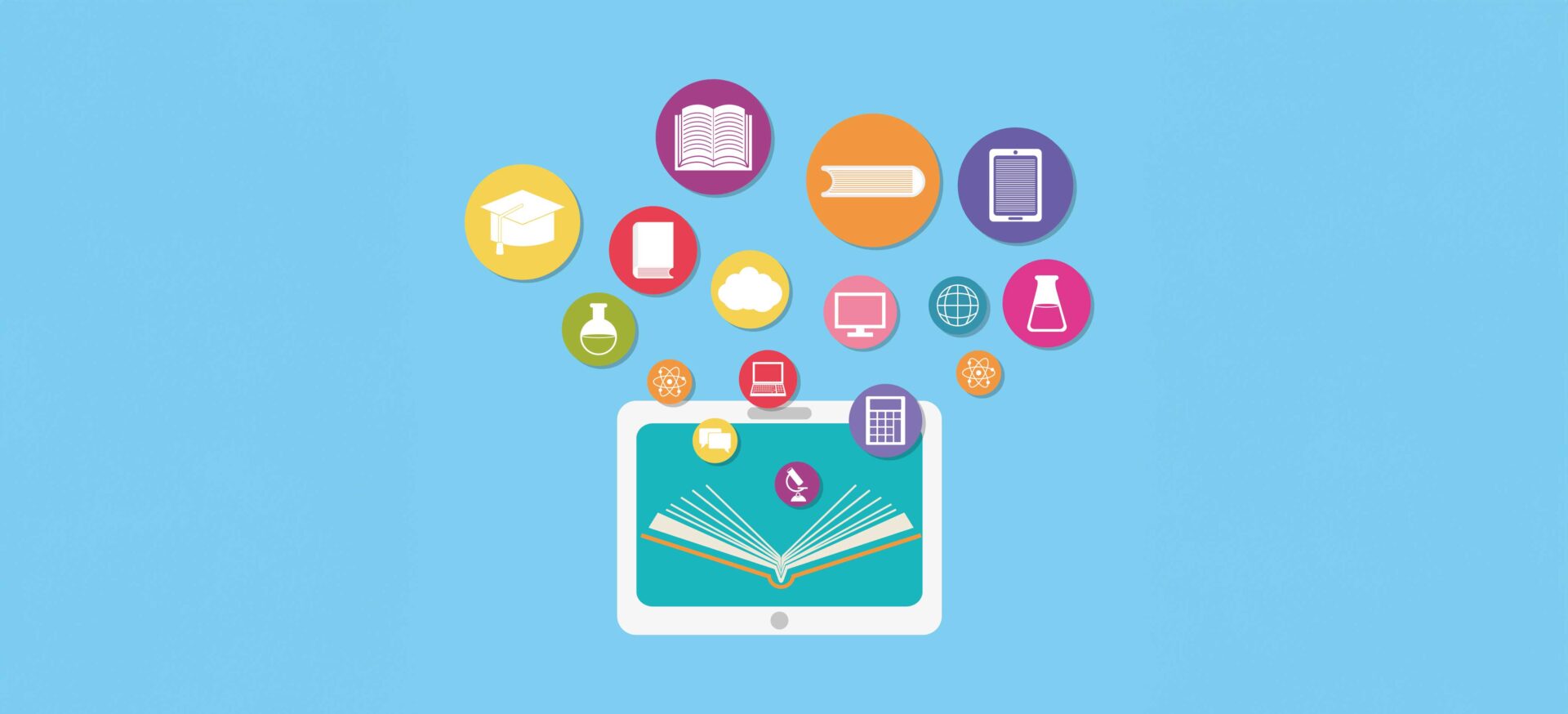Technology trends
Promoting mobile learning with tablets and laptops
How to promote mobile learning:
This article deals with the use of tablets and laptops as educational tools for schools and universities to promote mobile learning. The education system is influenced by new technologies as the world evolves and becomes more digital. A notable development in this context is the inclusion of tablets and laptops as tools for mobile learning. This blog post examines how these devices can improve learning in educational institutions such as schools and universities.
1. There is access to a large amount of information.
Pupils and students have access to a large amount of information via tablets and laptops. The internet offers a wide range of resources, including digital textbooks and interactive learning platforms. This creates opportunities for individuals to learn in a self-directed way and to deepen their interests.
2. Use of the interactive learning method
The traditional teaching method, where teachers stand in front of the class and impart information, can be changed by integrating tablets and laptops. Interactive learning applications, simulations and multimedia content improve the learning experience and facilitate a comprehensive understanding of the topics covered. Students have the opportunity to take part in lessons, ask questions and work on projects together with their classmates.
3. Flexible learning can be used from anywhere.
Mobile devices enable learners to access educational resources from any location. Tablets and laptops offer pupils and students the flexibility to choose their learning location, be it at home, in the library or in a café. This promotes personal responsibility and enables a more individualized learning process that meets the needs of the learner.
4. Efficient organization and administration are key factors.
The use of digital devices significantly increases efficiency in the management of teaching materials, notes and homework. Learners have the option of saving and organizing their documents digitally, making them easy to access. This facilitates cooperation between pupils and enables communication between teachers and pupils.
5. The consideration of environmental factors and the promotion of sustainability.
The use of tablets, laptops and smartphones in education can improve efficiency and contribute to environmental protection. The elimination of printed teaching materials reduces paper consumption, while digitalization reduces energy consumption compared to traditional teaching methods.
Conclusion: A sensible investment in the future of learning
The use of tablets and laptops in schools and universities goes beyond the mere use of technology in the classroom. It is an investment in the future of education that has the potential to fundamentally change the way information is exchanged. Promoting mobile learning is about giving learners the tools they need to navigate effectively in a digital world that is constantly evolving.
Read more - You may also be interested in
Would you like to delve deeper into the topic or discover similar content? Below, we have compiled three additional articles for you that are thematically related to this article. These may also be relevant and interesting for your company.










